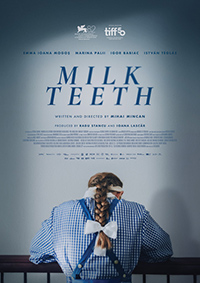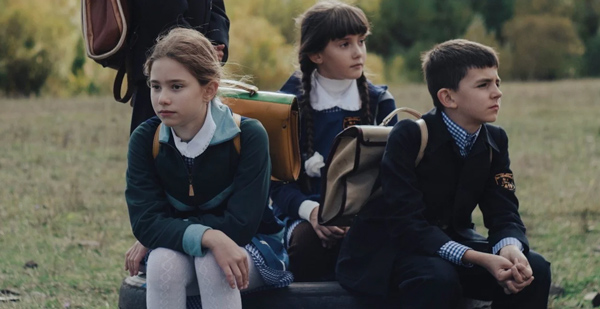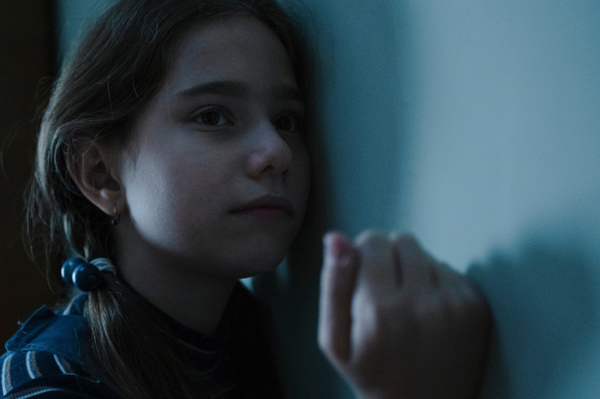No Child Left Behind: Mincan Explores a Nation That Stood in Silence
 Perhaps more terrifying than the high-seas stowaway trip from hell (2022’s To the North), for his second feature outing, filmmaker Mihai Mincan digs into a mental extortion of an era—a time in Romania’s history defined by an overwhelming air of social and personal paralysis, where a missing person is treated with a matter-of-factly designation. A title that references an undeveloped, tentative, or not yet fully formed bone in the human body, Milk Teeth (Dinti de lapte) suggests that what is tender could be temporary and easily lost. Buoyed by strong visuals, this sophomore film describes fear on a different plane—not overt oppression or transgressions, but a stinging indifference, making for an engrossing triple-layered look into painful transitions.
Perhaps more terrifying than the high-seas stowaway trip from hell (2022’s To the North), for his second feature outing, filmmaker Mihai Mincan digs into a mental extortion of an era—a time in Romania’s history defined by an overwhelming air of social and personal paralysis, where a missing person is treated with a matter-of-factly designation. A title that references an undeveloped, tentative, or not yet fully formed bone in the human body, Milk Teeth (Dinti de lapte) suggests that what is tender could be temporary and easily lost. Buoyed by strong visuals, this sophomore film describes fear on a different plane—not overt oppression or transgressions, but a stinging indifference, making for an engrossing triple-layered look into painful transitions.

Taking place during the waning final months of Communist Romania (preceding the revolution that would topple Ceaușescu), the film is more or less book-ended by two time frames (April 1989 to March 1990), offering a glimpse into the agonizing in-between dread of the status quo. Before a chain-smoking mother (Marina Palii) realizes that one of her daughters is missing, we are offered a bird’s-eye view of a vacant playground—one child is stuck with the chore of bringing discarded walnut shells to some offsite dump, but it is her sibling, 10-year-old Maria (played by first-time child actress Emma Ioana Mogos), who is “left behind.” As the sole witness to her sister Alina’s sudden disappearance, we take the plunge into what guilt looks like from a diminutive point of view—where the recourse of trusting someone other than yourself is not possible, a reality made worse by their isolated town. Shattered and alone (even her play friends are being kept at arm’s distance), she is forced to navigate a world newly defined by terror and absence, making this journey not just one of survival, but of finding the courage to grow up in the shadow of a mystery that has swallowed her family whole.

Similar to how Brady Corbet’s The Childhood of a Leader gave us insight into how the next generation might take matters into their own hands, there is a lot to admire in a text that traces the human cost of a regime and the violence of its inactivity toward the powerless—a horror amplified by Mincan’s elusive camerawork (once again working with Cinematographer George Chiper-Lillemark), which treats the very space as a clue. As the state’s investigation proves futile, we bear witness to how the adults in the room failed their children. Forced to mature amid the wreckage, her innocence curdles; simple gestures darken with new meaning. Maria is the embodiment of a generation of children overlooked by history, her personal loss echoing a national fracture.
Reviewed on August 29th at the 2025 Venice Film Festival (82nd edition) – Orizzonti. 104 Mins.
★★★½/☆☆☆☆☆


